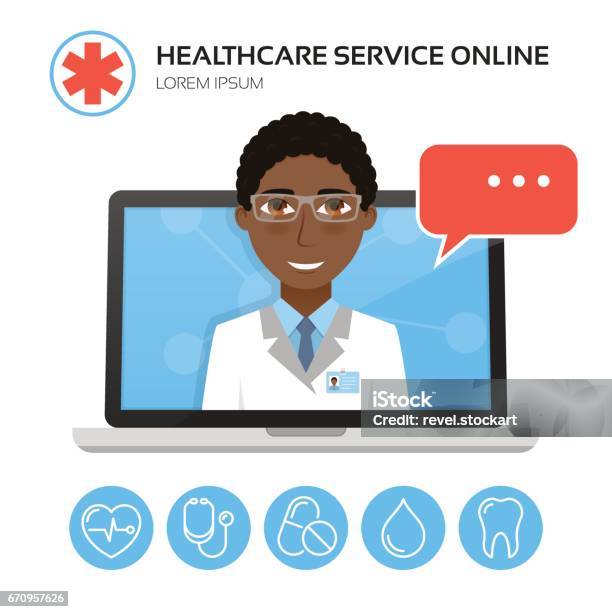How Subscription Based Healthcare is Changing Patient Accessibility to Services
Wiki Article
Navigating the Future of Medication With Subscription-Based Medical Care Services
As the medical care industry develops, subscription-based solutions arise as a crucial model guaranteeing to improve individual treatment shipment. The answers to these inquiries could fundamentally alter our strategy to healthcare.Rise of Registration Medical Care
As medical care systems around the globe face boosting pressures from increasing prices and need for services, the introduction of subscription-based healthcare models has actually emerged as a transformative pattern. This innovative approach is disrupting traditional medical care shipment by supplying a foreseeable, flat-rate payment structure for clinical solutions. Rooted in the principles of concierge medication, subscription-based medical care enables service providers to concentrate on customized client treatment while at the same time handling operational efficiencies.The increase of this design can be associated to a number of variables. Technical innovations have actually made it possible for extra smooth integration of treatment via telehealth and electronic health and wellness records, helping with the scalability of subscription services. The increasing customer demand for openness and predictability in medical care expenditures has driven the change towards this model. Subscription-based services often supply straight access to healthcare specialists, which can decrease the management burdens associated with insurance cases and reimbursements (subscription based healthcare).
This model is gaining grip amongst diverse doctor, from health care medical professionals to specialized facilities, by aligning economic incentives with preventive and continuous treatment. By shifting the focus from quantity to value-based care, subscription medical care has the possible to reshape the landscape, promoting a more patient-centered and sustainable method to health and wellness management.
Benefits for People

In addition, subscription-based services usually stress preventive care, urging regular exams and wellness screenings. This positive method can bring about very early detection of wellness concerns, potentially improving results and lowering lasting health care costs for clients. Moreover, such designs normally use clear pricing, permitting clients to much better recognize their medical care expenses and avoid unanticipated clinical bills.
The personalized nature of subscription-based healthcare additionally boosts person experience. Clients can obtain customized healthcare strategies that suit their details needs, cultivating a more patient-centric technique.
Modern technology's Function in Change

Fabricated knowledge (AI) plays an essential duty in anticipating analytics, assisting in very early medical diagnosis and customized treatment plans. AI algorithms analyze vast datasets to identify patterns that might be overlooked by human monitoring, hence enhancing scientific decision-making. Digital wellness records (EHRs) improve individual information monitoring, making certain continuity and coherence of treatment across numerous services and companies.
Blockchain modern technology boosts data safety and security and personal privacy, vital for preserving individual count on digital systems. It enables transparent and safe transactions of clinical data, making certain that sensitive details stays safeguarded. With the combination of machine discovering and AI, blockchain can automate complex health care processes, minimizing administrative problems.
Challenges and Considerations
While modern technology moves the capacities of subscription-based healthcare solutions, it additionally introduces a collection of challenges and considerations that need to be addressed to guarantee effective implementation. One considerable difficulty is the fair ease of access of these solutions. As registration models commonly count on digital platforms, there is a danger of exacerbating the digital divide, leaving people without internet access or digital literacy. Making sure these solutions do not disproportionately benefit only tech-savvy and upscale populations is necessary.Information personal privacy and security represent another important factor to consider. Subscription-based solutions usually require the collection and storage space of substantial quantities of individual wellness details. Providers must abide image source by stringent data anonymous protection regulations to keep person trust fund and stop unapproved gain access to, which might result in significant ethical and lawful consequences.
As medical care needs evolve, maintaining a cost-efficient equilibrium in between subscription fees and solution top quality is vital to protect against client frustration and attrition. Attending to these challenges is vital as subscription-based healthcare solutions continue to develop and increase.
Future Ramifications for Medicine
Subscription-based healthcare services are positioned to dramatically affect the future landscape of medicine by reshaping how care is accessed and supplied. These designs provide the possible to democratize medical care access, supplying people with even more timely and tailored treatments. By leveraging innovation, such as telemedicine and information analytics, membership solutions can help with continuous monitoring and tailored next wellness monitoring, thus enhancing end results and minimizing the worry on traditional health care systems.
As these services gain traction, they could promote a change towards preventative treatment, emphasizing the significance of very early detection and management of persistent conditions. This aggressive method may ultimately lower health care prices by reducing the requirement for costly treatments arising from late-stage disease administration. Moreover, registration versions provide a scalable service to address differences in healthcare accessibility, specifically in underserved or country populations.
However, the change towards subscription-based designs requires addressing moral and regulatory considerations, including data personal privacy and equitable gain access to. As the industry develops, joint initiatives between policymakers, modern technology designers, and healthcare providers will certainly be important to establishing durable frameworks that protect individual rate of interests while promoting technology. Inevitably, these solutions guarantee to add significantly to a much more reliable, patient-centered medical care ecosystem.
Verdict
Subscription-based healthcare services stand for a substantial evolution in the clinical field, using predictable prices and personalized treatment that boost availability and prioritize preventive measures. As the health care landscape evolves, subscription models are poised to play an essential role in forming the future of medicine.As the health care industry develops, subscription-based solutions arise as a critical version promising to reshape individual care delivery.As medical care systems around the globe face raising pressures from increasing costs and need for services, the advent of subscription-based medical care versions has emerged as a transformative trend (subscription based healthcare).With the rise of subscription-based medical care designs reshaping typical health care delivery, individuals are beginning to experience significant advantages from this ingenious method. As healthcare requires evolve, keeping a cost-efficient equilibrium in between subscription costs and solution high quality is essential to prevent client frustration and attrition.Subscription-based health care solutions are poised to substantially affect the future landscape of medication by improving just how treatment is accessed and supplied
Report this wiki page